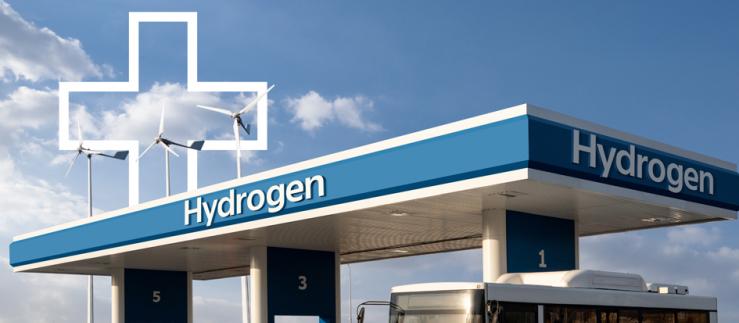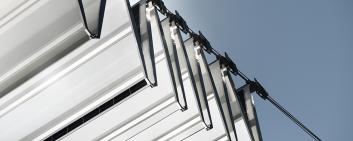South Korean government and businesses agreed to invest USD 2.3 billion to speed up the country’s hydrogen gas-powered vehicle industrial ecosystem in Korea. They plan to build plants for fuel cell vehicles and fuel cell stacks, producing fuel cell buses and developing fuel cell storage containers. Then, Korea will be capable of supplying 16,000 units of fuel cell cars and installing 310 hydrogen stations in the nation by 2022.
The government also plans to increase subsidies for the purchase of hydrogen powered vehicles and extend the number of charging stations to accelerate proliferation of environmentally friendly cars on the roads. The government will set up more charging stations for hydrogen-powered vehicles at 160 major expressways and national highway rest areas across the country by 2022 and at 150 spots in major cities. Currently there are only 16 hydrogen stations nationwide, while Japan has 101 charging stations and plans to build 320 more by 2025.
Pilot project with hydrogen buses
The government is planning to deploy 1,000 hydrogen powered buses by 2022 and will launch a pilot project of managing 20 hydrogen buses in 5 major cities in 2019.
The Korean automotive giant, Hyundai Motor, leads this initiative. Hyundai Motor was the first carmaker to mass produce ix 35 fuel cells in 2013. In 2017, Hyundai Motor launched the Nexo fuel cell electric vehicle FCEV with the longest driving distance of 609 kilometers, chargeable in 5 minutes. Hyundai Mobis, a sister company of Hyundai Motor producing major automotive parts, was the first company in the world to establish an integrated production system for core components of FCEVs in 2017, with a production capacity of 3,000 powertrain fuel cell complete modules per year.
Currently there are 200 FCEVs running in the streets in Korea, while Volkswagen owns 10 auto brands and sells 10 million vehicles around the world each year. To build up the synergy, Hyundai Motor Group and Audi have built partnership in developing FCEVs and spurring technology innovation for sustainable growth in the automotive industry.
Another industry giant in chemical industry, SK Energy and Korea Post also decided to plunge into FCEV market. They plan to build fuel cell charging stations, in 3,570 gas stations and 3,500 postal office and, respectively.
How you can benefit from this opportunity
Business opportunities are possible for all Swiss SMEs related to constructing hydrogen fuel cell stacks or charging stations. If you would like to further evaluate the opportunities without any further obligations, please get in touch with our S-GE Consultant for South Korea, Jacqueline Tschumi. Contact






